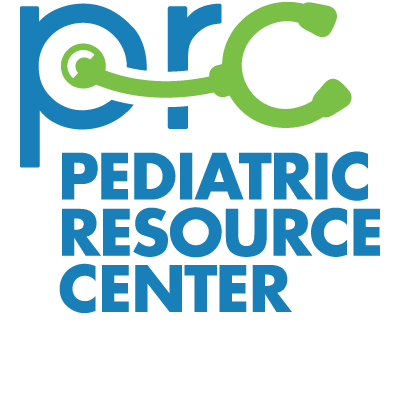Examination FAQ
Frequently Asked Questions

Why is My Child Being Examined?
Your child has been referred to the Pediatric Resource Center (PRC) for a specialized medical exam. This is an important component of a child abuse investigation because the exam may show that there is physical evidence that your child has been physically or sexually abused. The exam is also being conducted to determine your child’s health status and to arrange for any needed treatment.
Will the Exam Prove that My Child was Abused?
The PRC health care provider will examine your child for signs of trauma, sexually-transmitted diseases, and unmet medical needs resulting from the abuse. The exam may not reveal any physical evidence of trauma, but a normal exam does not mean that the abuse did not occur, or that your child is not telling the truth.
What Should I Tell My Child Before the Exam?
Please tell your child that he/she is going to the doctor’s office to make sure they are healthy. Do not tell your child that no needles will be used, since blood work may be recommended. The most important thing is for you to be supportive and calm when talking to your child about the exam, so your child will be more relaxed.
What Should I Expect at the Medical Exam?
Every child who is seen at the PRC is assigned a case coordinator, who will meet with the caregiver(s) and the child prior to the exam to explain the procedure and medical equipment used during the evaluation. The health care provider, who is specially trained in the area of child physical or sexual abuse, will take past medical history from the child’s caregiver, and from the child depending upon his/her age and ability. If the child agrees, the parent or caregiver will wait in the waiting room during the child’s exam. The health care provider will complete a general physical exam, which may include a genital/rectal exam with the use of a colposcope. A colposcope is a binocular instrument, which uses a light and magnifying lens to examine the genital and anal areas. A video attachment documents the exam. The entire process may take approximately 1 to 1 1/2 hours, depending upon the age and cooperation of the child. If you will be bringing other children with you to the appointment, we encourage you to also bring an adult who can wait in the waiting room with them if needed.
Will the Exam Hurt?
Most children experience no discomfort from the exam. Some children are very sensitive to touch, however, and even slight contact is disturbing to them. Your child will not be held down or forced to cooperate. The PRC is a child-centered environment that uses distraction and support by the case coordinator to increase a child’s cooperation during an exam. The health care provider will allow the child to ask questions about his or her body after the examination, and will also reassure the child about his/her body.
Who Pays for the Exam?
All efforts are made to minimize out-of-pocket costs to the parent or caregiver. If your child was given a SASETA voucher during an appointment at your local emergency department, please bring that voucher with you to the PRC appointment. If your child is covered under a medical card or insurance, please bring that information with you to the appointment. Please let the case coordinator know if you do not have insurance or a medical card.
At PRC, there will be no charge for the medical exam. Depending on the situation, you may receive a bill for radiology or laboratory costs not covered by insurance. Assistance for uncovered items may be available. Please discuss any concerns you may with the case coordinator prior to your child’s appointment.
What Happens After the Exam?
The PRC health care provider may recommend additional evaluation or treatment. It is your responsibility to complete any such recommendations. The results of your child’s exam may not be available to you immediately following the exam; however, the PRC case coordinator will notify you of the results of the exam when all of the steps of the evaluation are completed.
Who will Receive the Information?
The Pediatric Resource Center obeys all laws of confidentiality. They are obligated by law to share the results with any mandated authorities, which may include the Department of Children and Family Services (DCFS), law enforcement, and the State’s Attorney’s Office. The case coordinator will request that you sign consents to exchange information with all of the involved parties in order to best serve your child. Please discuss any questions or concerns you may have about confidentiality with the case coordinator.
Working Together
You are an important member of the team that is working diligently to find the truth of the matter involving your child and assist in your child’s well-being. In advance, we thank you for your cooperation!